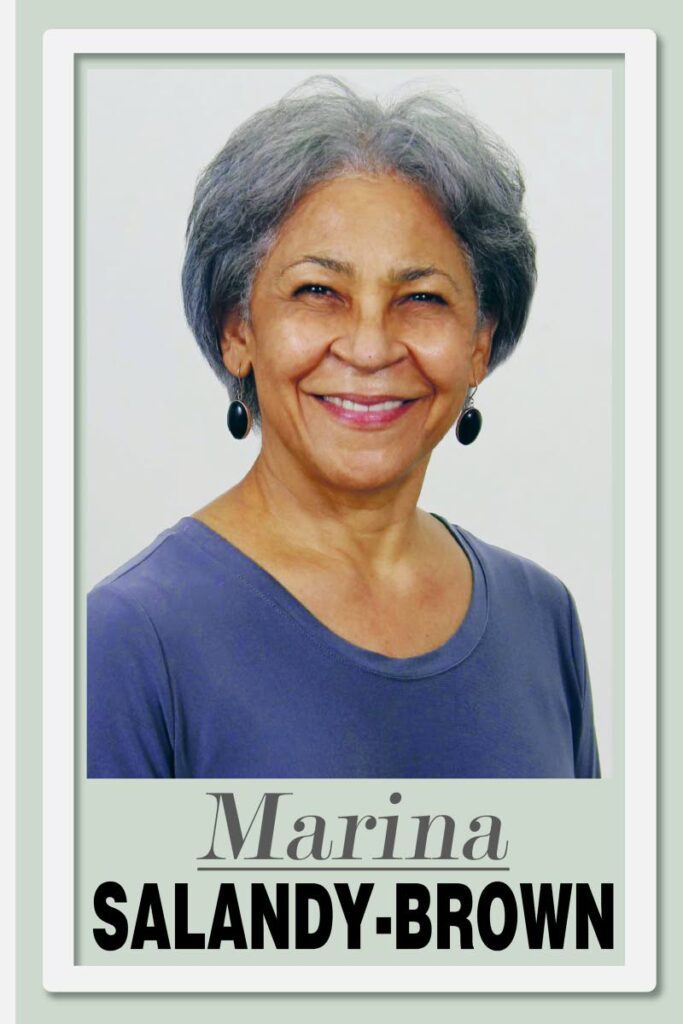On the brink

On the brink, but of what?
It is instructive that most of the good wishes received from friends and loved ones for Christmas and the New Year feature peace as their most ardent wish for me, and most probably themselves, too. They mean peace in its literal sense – the absence of war, having tranquillity, serenity, and harmony between people, mostly, but increasingly between mankind and our habitats, and in the governance of our countries.
Instead, it seems like we are entering 2024 with full-blown wars or simmering ongoing conflicts, armed and unarmed, on four continents. It was reported before the onset of the Gaza war, by the International Institute for Strategic Studies, that as many as 183 conflicts are taking place globally. So much for thinking human beings have been civilised. Once, we could put it down to “those warmongers over there…,” but now the conditions which bring about conflict and violence are close to home and have aroused a personal interest and even a connection between us and the various war zones.
In some ways, it resembles the worsening social environment in which we live in TT, with regard principally to violent crime. Most Trinbagonians, of all economic levels, urban or rural residents, young or old, are either directly or loosely connected to a victim of crime, and crime is a primary consideration for those who decide to migrate. Living with the prospect of being the object of personalised, political or random violence puts a jet engine under us because there is little point in being a sitting duck, but it is a fallacy to think that the grass is greener elsewhere.
As much as violence unnerves us, we are living in a time of great fear of what might happen next, which is ubiquitous. The polarisation of rigid, opposing ideologies of the left and the right was once as reassuring as it was problematic, but at least we knew where we fitted in. Communism and its values have evolved in Cuba and even China. Xi Jinping believes in assertive international diplomacy. This has unsettled western relations with China and, unlike his predecessors, the party chairman does not accept the policy of "live and let live" as it relates to Taiwan and Hong Kong. A possible new war zone is emerging, therefore, in the South China Sea.
And on the other side of the Pacific, the US is the greatest cause of disquiet, greater than China. Efforts to block Donald Trump's return to the White House through the legal system are apace. However, success is not guaranteed. Trump’s views on almost every major and minor matter of international diplomacy are divergent from more widely shared approaches. His ideas on how a democracy should work are an anathema to millions of people worldwide and his threats to seek revenge when back in office must be as worrying for many Americans as it is for foreigners, yet the polls say that Trump is shaping up to beat Biden in the next presidential election. How could that be when he is attending to around 100 varied legal matters in US courts?
The burning question is whether in the great US democracy citizens have lost their sense of right and wrong, or even of what’s really in their best interest. The suborning of the good sense and values that support justice and fair play, and protect the weak, reveals that these are not, after all, profoundly held beliefs or practices. It is yet more proof of the fragile nature of democracy, which requires ongoing, dedicated work. The most confusing aspect of Trump as a phenomenon is the palpable proof that democracy as we know it can change as much as communism has. Are we looking at a post-democracy era? If that is true for the US then it is also true for the rest of the world. UK media reports claim that Prime Minister Rishi Sunak's popularity rating is – 26.5 per cent and only nine per cent of people trust politicians, and that’s against the backdrop of national elections within a year. Politicians in other EU countries suffer from the same lack of regard. It bodes ill for the future.
Collectively, we seem unable to stem the endless drift of millions of unwanted people risking perilous journeys, seeking a better life. Nor can we stop polluting the planet despite the violence of nature as our environmental impact intensifies, the duplicitousness of international relations, the pointlessness of the wars in Ukraine and Palestine or the power struggles in Africa and Asia sap our energy.
It feels like an unbearable load. Some people are opting out of the parlous state of affairs, preferring to just enjoy their own lives, however small but gifted. I’ll take a friend’s generous advice and “eat mango chutney for happiness in the New Year.” Well, you have to try something! Wishing all readers some individual inspiration.

Comments
"On the brink"